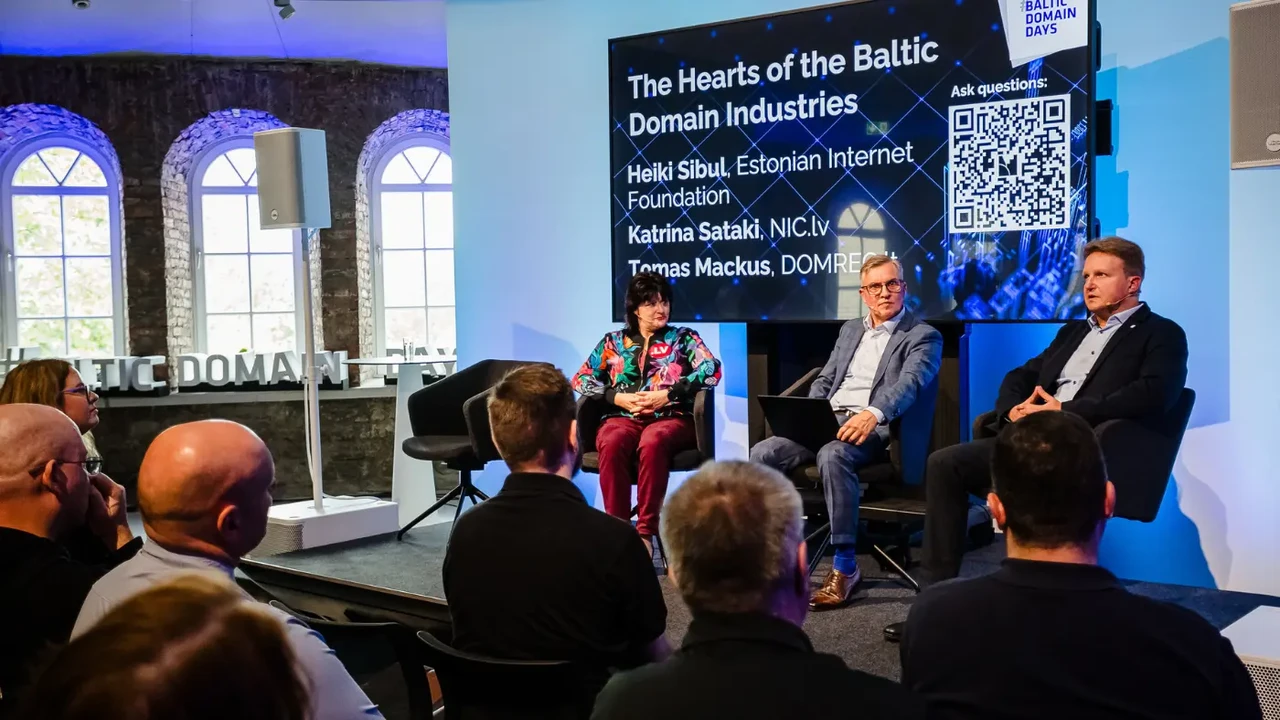News archive
When Social Media Access Disappears: Why Every Business Needs a Backup Plan

Businesses that rely heavily on social media are attractive targets for hackers around the world. It’s becoming more common for accounts, sometimes used for years, to get hacked or taken over permanently. On top of that, platforms like Facebook, Instagram, and TikTok often change their rules. These changes can limit how businesses advertise or reduce how many people see their posts. A recent example is Meta’s restrictions on political content, which not only affect politicians but also organizations that run awareness campaigns or host discussions.
These changes can be sudden and harsh. In the worst cases, they can be devastating for a company’s marketing. The main risks of losing social media access include:
1. Lost customer communication. If a business suddenly loses access to its social accounts—through hacking, bad passwords, or rule violations—it also loses a key way to connect with customers. People can’t ask questions, learn about new products, or see campaigns. This can make the company look unreliable or even out of business.
2. Digital marketing disruption. Social media is often the cheapest and most effective way to reach an audience. Losing access to accounts means losing years of followers and trust. Platform rule changes can also reduce visibility and make advertising harder.
3. Reputation damage. Getting hacked is often worse than losing access completely. Hackers can post offensive content, damaging a company’s reputation and trust. They can even misuse ad accounts or payment details, leading to financial loss. Restoring trust takes a long time, even after the account is recovered.
4. Impact on sales and growth. Many companies, especially online shops, get most of their traffic from social media. Some even sell directly on these platforms, like Facebook Marketplace. If access is lost, web traffic and sales drop immediately. For seasonal businesses, the losses can be especially painful.
5. Loss of valuable data. Social media provides businesses with useful insights, like customer age, interests, behavior, campaign results, and feedback. These are key for creating strategies and customer profiles. Losing access means losing years of data and often a carefully built community.
How to Reduce the Risks
Since account takeovers are becoming an everyday issue, companies need to prepare.
The best alternative is having a website. A website is the only digital channel that truly belongs to the business. You control the content, data, and identity without outside limits. It also acts as a professional digital business card and allows you to use a branded email address.
For Estonian customers, using a .ee domain builds trust since it’s the most recognized local domain. For international business, registering your company’s name as a domain provides strong protection for your digital identity.
Social media is powerful, but it’s risky to depend on it alone. A company website is essential for balance. If you lose access to your social channels, your website ensures you don’t lose trust, sales, or growth. Preparing today is the best way to secure your digital future.

Event
Baltic Domain Days
The Hearts of the Baltic Domain Markets
At the 2025 Baltic Domain Days in Tallinn, three digital leaders of the domain registries from Estonia, Latvia, and Lithuania came together to talk about the future of the industry in their countries. Each of them shared what makes their national domain strong, unique, and full of heart. Together, they painted a picture of three small but powerful nations leading the digital world.
_large.webp)
Event
Baltic Domain Days
WATCH ONLINE: Baltic Domain Days 2025
The Baltic Domain Days 2025, held on October 7–8 in Tallinn, Estonia, brought together domain industry experts, policymakers, and IT professionals from across Europe.

News
Domain Disputes
Helen Aaremäe-Saar: Why We Must Stand Up for Our Digital Identity
We’ve all heard stories of scammers tricking companies out of hundreds of thousands of euros, even here in Estonia, and even targeting smart, educated people. In 2024 alone, there were 624 serious fraud cases in Estonia, according to CERT-EE, and the total loss reached nearly 7 million euros.